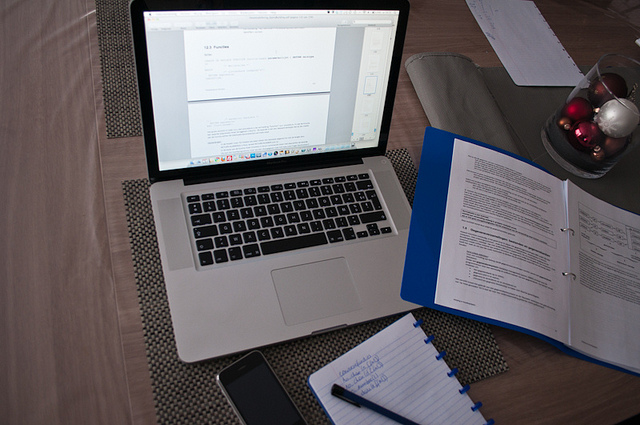As is the case for most every professional school entrance exam, time is most definitely not your friend. It is the thing that counts down inevitably until your score is finally counted and you are reporting to the schools of your choice. The limited time you have to complete each section of the GMAT can add significant stress to your test-taking experience. In lieu of this, here are three strategies that you can implement to reduce the negative impact of the ticking clock on test day and that can empower you to move through the exam with confidence.
- Recognize that Time is Against You
Knowing that beating the clock is part of the game is an essential piece of achieving a high GMAT score. If you time yourself taking practice tests, and develop familiarity with where you spend the most time during the test, you will stay that far ahead of the clock and the other test-takers on test day. This comparative advantage will end up becoming one of the things that sets you apart from others when it comes to your overall GMAT score.
- Avoid Making Spontaneous Errors
Often time test-takers will rush through the questions that they feel are easiest. They quickly fill in the bubble of the answer they believe correctly corresponds with the test question, and move on to the next question without double checking their answer. This is where people get into trouble! Even if it takes an additional 10-15 seconds, ensure that you have made the correct choice on the questions that you consider to be the “easiest.” This will have a dramatic impact on your overall score, and ultimately your chances of getting into a good business school.
- Check your Pace Periodically
Test-takers often make the mistake of checking their watches after every question they answer to ensure that they are “on pace.” While time is certainly against you, checking your watch regularly will only stress you out more than you already are, and takes valuable time away from you and limits your focus. Instead, check your timing and pacing periodically after a small cluster or a page of questions. This way, you can stay in the game and work towards getting the most right answers in the time allotted to you.










